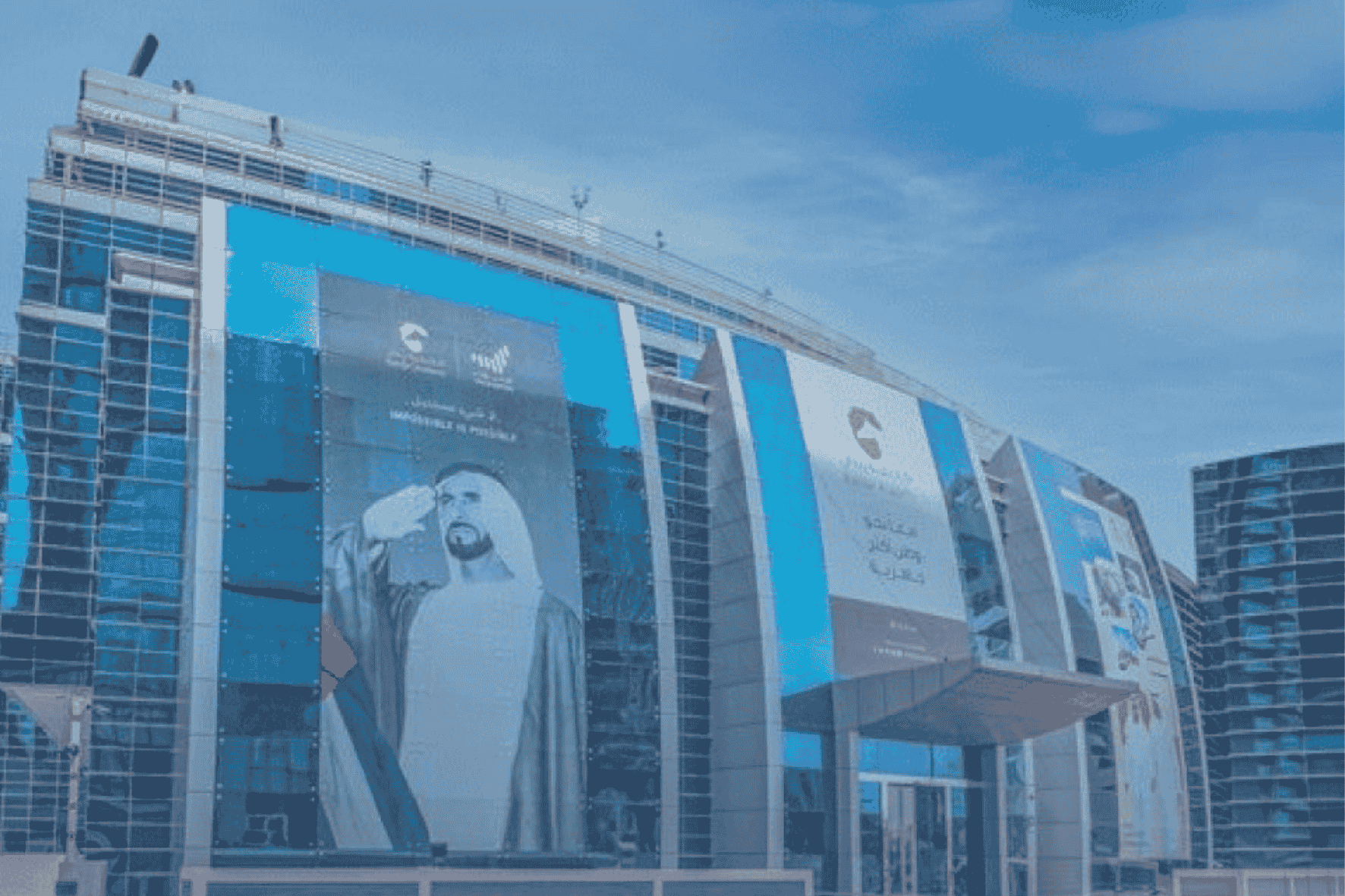Dubai to Host Top Global Universities in 2025

Dubai is taking a bold step in reshaping its educational landscape by welcoming three prestigious global universities for the 2025–26 academic year. The Indian Institute of Management Ahmedabad (IIMA), the American University of Beirut (AUB), and Saudi Arabia’s Fakeeh College for Medical Sciences will establish branch campuses in the emirate, according to the Knowledge and Human Development Authority (KHDA).
These institutions are not only world-renowned but also rank highly in global education indices. IIMA is ranked 27th globally in the QS World University Rankings 2025 for Business and Management. AUB is ranked 237th overall and is considered one of the top research-intensive universities in the Arab world. Fakeeh College will further strengthen Dubai’s position in medical education by offering advanced health sciences programmes.
This move is part of a broader strategy that supports Dubai’s ambition to become a top-tier global education hub, aligned with the Dubai Economic Agenda (D33) and the long-term goals of the Education 33 Strategy.
A Strategic Vision for Global Education Leadership
Dr. Wafi Dawood, CEO of Strategy and Planning at KHDA, emphasized that the arrival of these institutions is part of a well-coordinated strategy driven by Dubai’s leadership. It reflects the city’s commitment to transforming higher education into a globally competitive sector that fuels knowledge-based growth and economic resilience.
The global university attraction project falls under the umbrella of the Education 33 Strategy. This ambitious plan aims to elevate Dubai’s higher education ecosystem by forging international partnerships, enhancing research capabilities, and creating a platform for world-class academic innovation.
Moreover, the D33 agenda, which aims to double the size of Dubai’s economy within a decade, considers education a core pillar of economic transformation. By inviting globally ranked institutions, Dubai seeks to offer high-quality education to residents and international students while contributing significantly to the city’s GDP and innovation capacity.
Dubai’s Current Global Academic Ecosystem
Dubai already serves as a home for a thriving network of international universities. According to KHDA, the emirate currently hosts 41 private higher education institutions, 37 of which are international branch campuses. Many of these are tied to institutions that rank in the global top 500, reflecting Dubai’s ability to attract academic excellence.
Examples include the University of Manchester, ranked 35th in the QS World University Rankings 2026, and the University of Birmingham, ranked 76th globally. Other universities such as Curtin University (183rd) and the University of Wollongong (184th) have significant operations in Dubai and attract students from across the Middle East, Asia, and Africa.
In addition, three more universities based in Dubai feature in the global top 300, contributing to a high-quality, diverse academic environment.
Global Rankings and Academic Reputation Drive Appeal
Global university rankings continue to play a vital role in shaping student decisions and institutional strategy. Dubai’s higher education sector reflects this trend with universities focusing on subject-specific strengths to differentiate themselves.
The London Business School, which ranks 7th globally for Business and Management, and ESCP Business School (54th), both operate in Dubai. Italy’s Luiss University, ranked 67th in the same subject, adds further weight to the city’s business education credentials.
In the field of design and fashion, Dubai is home to the Istituto Marangoni, ranked within the top 51–100 for Art and Design. This ensures that students interested in creative industries also have access to world-class instruction and industry exposure.
Growing International Student Population in Dubai
One of the major priorities for Dubai is to boost the number of international students studying in the city. The emirate aims to have 50 percent of its higher education enrolments come from international students by 2033. Achieving this would contribute approximately AED 5.6 billion to Dubai’s higher education GDP, transforming education into a substantial economic sector.
Recent data supports this momentum. As of the 2024–25 academic year, international student enrolment has increased by 29 percent—outpacing the overall growth rate of 20 percent. This reflects both the global appeal of Dubai-based universities and the city’s competitive advantage in cost, quality, and opportunity.
Today, over 42,026 students are enrolled in Dubai’s private higher education institutions, marking an all-time high in student numbers. This includes a growing mix of residents, international students, and professionals pursuing postgraduate qualifications.
Why Global Universities Choose Dubai
The decision by globally ranked universities to open campuses in Dubai is driven by several strategic advantages:
- Geographical Position: Dubai’s location between Asia, Europe, and Africa makes it an ideal educational hub for students from three continents.
- World-Class Infrastructure: From smart campuses to integrated transport and tech connectivity, Dubai offers unmatched student experiences.
- Business and Innovation Ecosystem: Students benefit from proximity to regional headquarters of Fortune 500 companies and government innovation centers.
- Regulatory Support: The KHDA and Dubai’s leadership have streamlined the processes for international institutions to set up, expand, and collaborate.
- Quality Assurance: Through the University Quality Assurance International Board (UQAIB), KHDA ensures high academic standards across all private higher education institutions.
These factors contribute to Dubai’s positioning as a city where students can receive top-tier education while being embedded in a future-forward business and tech ecosystem.
Education’s Role in Dubai’s Economic and Social Vision
Education is not treated as an isolated policy sector in Dubai—it is a key enabler of economic diversification and human capital development. As the emirate looks toward becoming a global digital economy, skilled graduates in fields such as artificial intelligence, sustainability, data science, public health, and financial technology will become vital assets.
By bringing in globally established universities, Dubai is creating a robust academic ecosystem that supports innovation, entrepreneurship, and leadership. These institutions are expected not only to educate students but to contribute to research and development, provide executive training, and establish international think tanks and centers of excellence.
Moreover, the integration of Emirati students into these globally competitive campuses helps prepare the national workforce for international careers and leadership roles across key industries.
Government Policy Enables Sustainable Growth
The growth of Dubai’s education sector is underpinned by strong, forward-thinking policies. The KHDA, in collaboration with Dubai’s Executive Council, ensures that global institutions enjoy a supportive operating environment. From fast-track licensing to visa facilitation for faculty and students, the regulatory environment encourages long-term investment in the sector.
The government also invests in supporting initiatives such as innovation grants, faculty research partnerships, and dual-degree collaborations between local and foreign institutions. This level of governance ensures that Dubai maintains educational excellence while scaling rapidly.
A Gateway to the Future of Global Education
Dubai’s transformation into a global academic hub is not just a short-term trend, it’s a long-term strategic mission. As international universities like IIMA, AUB, and Fakeeh College begin operations, they will not only elevate academic standards but also create opportunities for regional research, academic exchange, and cross-cultural collaboration.
The future of Dubai’s education sector is deeply tied to its larger role on the global stage, as a city that connects people, ideas, and innovation. With education becoming more digitally connected and internationally mobile, Dubai’s ability to adapt and lead makes it a pioneer in global learning.
In fact, according to UNESCO’s Global Flow of Tertiary-Level Students report, Dubai has emerged as a top non-Western destination for international students in the Middle East and Asia. The presence of world-class universities will further strengthen this status and offer students a compelling alternative to traditional education destinations like the US, UK, and Australia.
Dubai’s Academic Transformation Is Underway and Unstoppable
Dubai’s academic revolution is no longer theoretical—it’s visible, measurable, and thriving. With prestigious institutions setting up campuses, student numbers breaking records, and government policies actively supporting international education, Dubai is emerging as a true global education destination.
The city’s ability to integrate academic excellence with economic vision makes it one of the most promising education hubs in the world. And as more global institutions consider opening campuses in the UAE, the foundation being built today ensures that Dubai’s future in higher education is not just bright—it’s borderless.








1 Comment
[…] The Emirates Towers, an architectural marvel in Dubai’s bustling financial district, have redefined the city’s skyline since their completion in 2000. These twin towers, standing tall along Sheikh Zayed Road, symbolize Dubai’s ambition to emerge as a global financial hub and a leader in innovative architecture. With Emirates Tower 1 soaring to 355 meters (1,167 feet) and Emirates Tower 2 at 305 meters (1,001 feet), they were among the tallest structures in the Middle East at the time. Beyond their impressive heights, the towers sparked the rapid urbanization of Dubai’s financial district, transforming a once-deserted area into a thriving business and commercial hub. This article explores the history, impact, and ongoing legacy of the Emirates Towers, highlighting their role in shaping modern Dubai. […]
Comments are closed.